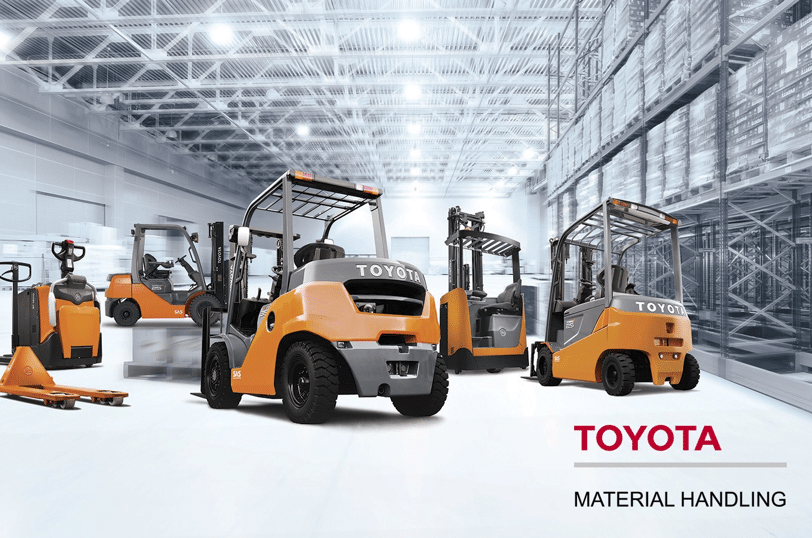Look towards China or you may be scooped
In September, I was on a week-long tech study trip to China, specifically Shanghai, and the experience confirmed to me that China is seriously on its way to becoming a powerhouse in new technologies and digital business models. But what is it that makes China suddenly have so much momentum – and how do they do it? These were some of the questions I would like answered.
By Martin Brems, Strategic Advisor and Founder, Brems & Co., December 17, 2018
China is a leader in a wide range of technologies today
One of the first things that you as a westerner are typically not aware of is that China is No. 1 in a wide range of technologies such as: social media (WeChat), e-commerce (Alibaba is bigger than Amazon and eBay combined), drones, fintech, electric cars, solar cells and high-speed trains.
Germany is i.a. the country in Europe that is predicted to be under the most pressure from the Chinese in 2025 in all these areas. Denmark is also in the danger zone, but as we do not have as heavy an industry as Germany, we are less pressured – even still pressured within innovation, creativity and new technology. Among other things, the Chinese have acquired more than 60 robot companies in Germany in recent years, and this has now led Merkel to impose restrictions on acquisitions from abroad.
China is thus no longer a country of production, but a country of innovation to be watched. China has a goal of being a leader in artificial intelligence by 2030, and the state is giving massive subsidies to these new companies and technologies to achieve the goal. And then the Chinese would rather not be perceived as copyists, but as imitators. In the same way that Daniel learns karate from Mr. Miyagi in the movie Karate Kid. A favorite example in China.
China’s absolute tech darling at the moment is the voice recognition company, iFlytek, which is No. 6 on MIT’s top 50 list of “Most Smartest Companies in the World 2017”. Their company value right now is around 12 billion. US dollars, and they are the very best in the world for capturing human voices and using artificial intelligence for computer speech – among other things. also in translations.
A country full of opportunities and without data legislation…
A major Chinese investor has stated that the big difference between China and other markets is that the country is simply so big and full of data (with no legislation), and then consumers are very open to new technology. And there may be something about that.
In China, there are 800 million. Internet users out of their 1.4 billion. people. 95% use a smartphone and 1 billion. user of WeChat, which is a social media that all Chinese are on, just filled with a lot of add-on app, reminiscent of those we know from home such as. Messenger, MobilePay, WeShare, DBA, Momondo, etc. – but also doctor visits, WeChat is the focal point for almost all transactions in a Chinese person’s life – and it’s rising sharply. It was almost impossible to pay by credit card in Shanghai. Everyone pays with WeChat pay, via barcodes.
So what characterizes Chinese society and their way of doing business?
The Chinese are extremely hungry for success and for creating business – and their work culture at 6-9-6 (6-21 every day, 6 days a week), is one of the reasons for their success. At the same time, they live in the most competitive market in the world, where everything is going extremely fast. They think convenience is everything. How can they make it easier for the consumer through new digital initiatives and services. They are therefore quick to try new things and quick to fix. You have a saying that “Every gab in China will be filled”, so if you want to win, you have to get up early! At the same time, studies show that the Chinese are 5 times faster to develop than Europe. Then you can discuss the quality of the innovation – but still.
1 mio. coffee shops in 1 week!
An example of this speed of innovation is the coffee company: Coffee Box. Starbucks, as we all know, has p.t. 3,500 stores in China and has a market share of 51%. They thus sit heavily in the market and make it immediately difficult to enter the market – and yet.
Coffee Box started in 2012 with being a delivery app for Starbucks and other coffee brands in the larger cities, but in early 2017 they started their own coffee brand, where you as a user can make your own coffee shop through a mini-program in WeChat. You get 0.1 cup per cup you resell, and you can resell or even drink them. The more you sell, the more opportunities open up in the program with different flavors.
It created a huge viral effect and in 1 week they got 1 million. coffee shops – and over 250,000 cups of coffee were delivered. Today they have 200 physical stores in the largest cities and in August they received an investment of 150 million. kroner. A classic Chinese example of seeing a need and an opportunity in the market and exploiting it through gamification and convenience, and therefore the focal point of many of their new digital business concepts in the future.
What can we learn from it?
First, we need to look even more at frictions and needs in the market and respond promptly. We should not spend too much time thinking, but get started quickly with a beta test and launch – and correct on an ongoing basis. Fail fast.
Secondly, you have to think much more in convenience – both in the B2B and B2C market. How can you as a company make it easier and better for your customers to trade with one – all the time.
Third, we must be hungrier. Maybe we are too good in Denmark to go the extra mile. And it may be OK right now, but not in 5 years, when China comes rumbling with all their technology and new digital business models that are quietly conquering market share worldwide.
Charles Darwin wrote: “It is not the strongest of the species that survives nor the most intelligent but the one most responsive to change”. That says it all about the Chinese and their path towards becoming a significant power factor in new technology.
Read more...
New business models require a new marketing approach
Even though we are truly tired of talking about the Corona Virus and what it has caused – and causes – for our lives, we must admit that the world has changed almost overnight.…
Welcome to Toyota Material Handling as a new customer at Brems og Co.
Toyota Material Handling is number 1 in the world within forklifts. We have the pleasure of having to help with customer insight and initiatives for increased conversion and sales…
The 5-year plan is dead – what now?
You can’t develop your strategy as you usually do in 2021 - and Covid-19 is (unfortunately) a good example of why. Here are 5 suggestions of what you can do instead.
Brems & Co. gets full marks in customer survey
We have a Net Promoter Score of 100. Our customers gave us 4.9 out of 5 in output and project management and Martin Brems received personal and professional praise.
Sustainability has to be the core of COVID-19 recovery
Temperature swings, irresponsible production and economic downturn. Sustainability has been on the agenda for years, but things have changed during the pandemic. Even though novel…
Sustainable marketing strategy for world-famous fitness brand
Most people who have seen the American Netflix series House Of Cards are also familiar with the beautiful handmade wooden rowing machine WaterRower from the company of the same…
Welcome to Megatrade as a new customer at Brems & Co.
For more than 40 years, Megatrade has offered individual customer-specific solutions and services to e.g. hinges and fittings, based on their customers' business. Brems & Co.…
Sports stars and directors throw themselves in the sand at beach volley
Olympic gold winner, bank director, and business owner. These are some of the titles of the members of a networking group that meets early in the morning to play beach volley.…
Brands need to be more human
If one good thing has come from the COVID-19 crisis, it would be that it has given us time and peace to reflect on what it means to be human and part of a family.










